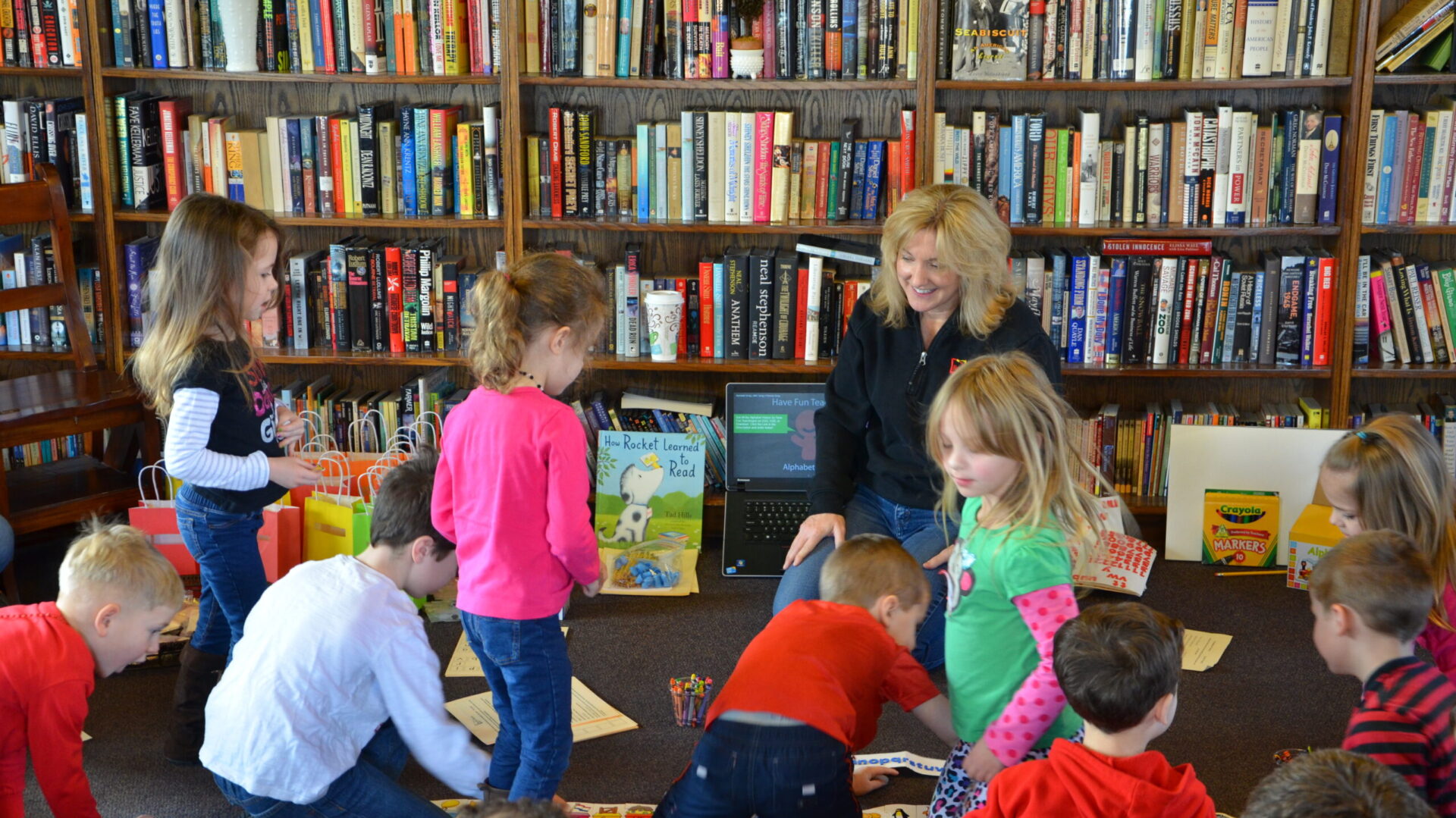
Hello Book Bums families!
Do you have a favorite author of children's books? Kate DiCamillo is a favorite of ours. Today in the newsletter, Dr. Christy reflects on DiCamillo's writing and what she values in it. We also share a simple strategy for helping your kids (and yourself) build memory muscles. Read on and enjoy!
"If you read the world is your oyster. It truly is.
Reading makes everything possible."
-Kate DiCamillo
Bookbums.com is an Amazon Associate; We earn from qualifying purchases. This means that if you click on a link to Amazon.com and make a purchase, We may earn a small commission at no extra cost to you. We do recommend the products. Feel free to find them by other means.
Word of the Week
lyrical (leer-ih-cull) adjective/describing word - expressing the writer's emotion in an imaginative and beautiful way
Poetry often has a lyrical quality, using figurative language and rhythm to express an idea.
Literary Calendar
•
- April is National Poetry Month
- As we did last year, we'll share a poem each week in the newsletter.
- If you're interested in enjoying even more poetry during the month, there are some easy ways to start.
- The Slowdown is a podcast that delivers a daily dose of poetry in about five minutes.
- At poets.org, you can sign up for a daily poem to be emailed to you.
- Or simply visit the poetry section of the library (look in the 800s) and let yourself browse.
From our Bookshelves
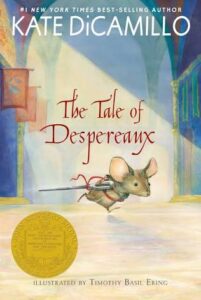
“There is nothing sweeter in this sad world than the sound of someone you love calling your name.”
The Tale of Despereaux, by Kate DiCamillo, was awarded a Newbery Medal (which identifies it’s a distinguished American children’s book) way back in 2004—twenty years ago! Though I adore Kate DiCamillo, I hadn’t read this book until this week. A friend shared that it was one of the best children’s books she’d ever read.
Though it wouldn’t take the place of my favorite DiCamillo book, Because of Winn Dixie, there were many things I absolutely adored about Despereaux.
- I loved that the author speaks directly to the reader. “Reader, do you know what perfidy means? I have a feeling you do based on the little scene that has just unfolded here, but you should look the word up in a dictionary, just to be sure.” When an author invites us to look a word up, we do it, don’t we?
- I always appreciate the use of interesting words in kids’ books. In this book, the first word I learned was perfidy /per-fid-ee/ which means deceitfulness, untrustworthiness. (Yes, I looked it up.)
- The story invites children to admire the quality of being empathetic (like Princess Pea).
- The underdogs (and all the main characters are underdogs) prevail.
- Stories are relished. Stories are light. Light is precious in a world so dark. Begin at the beginning. Tell Gregory a story. Make some light.
Tips for Families
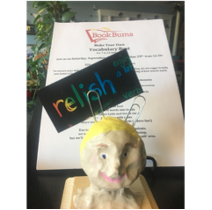
Did you know that we used to host building vocabulary workshops? We used Crayola Air-Dry Clay to make busts and stuck a paperclip or two in the heads before drying. We glued the busts onto small blocks of wood (from Michael’s), and we painted them. Next, we challenged our readers to feature new words in their busts each week, with the goal of adding new words to their working vocabularies. You could do this at home, too!
You will need:

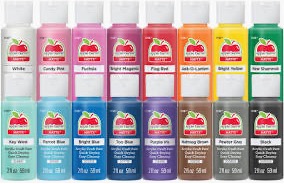

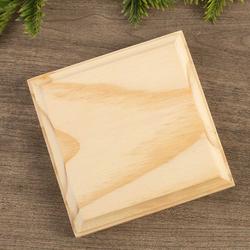
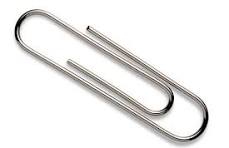
Tips for Readers and Writers
Did you know that informal testing or “retrieval practice” is a powerful way to reinforce knowledge? The more you practice retrieving information from your long-term memory, the more likely you’ll recall it when you need it.
If there’s something you want to remember, make a deliberate effort to quiz yourself or have someone else quiz you.
At Book Bums, we use a lot of no-stakes testing. This means we are continually reviewing taught concepts by inviting kids to share what they’ve learned. We say, “What sound do we make when we see a-r?” (Answer: A-r says /ar/ like a pirate.) and “What rule do you see in the word life?” (Answer: I see a magic e.) and “If we remove the i-n-g from the word hoping what letter would we find hiding under there?” (Answer: There’s a magic e under the i-n-g.) and “Why is there an extra p in the word hopping?” (Answer: It’s a blocker letter.)
When kids are invited to review how words work, they are better equipped to navigate our code-based language whether they’ve seen the word before or not.
This constant request for kids to retrieve what they know about how words work is required for instant accessibility when they’re decoding/reading and encoding/spelling words.
The trick is for the kids to recognize that nothing is lost if they cannot recall the “right answer.” There is no disappointment from the teacher. We simply provide the information again, reminding them of the letters, sound(s), motions, and the anchoring activity (and/or treat) from that lesson to remind them about what they’ve learned.
Remember, we used Froot Loops and Cookie Crisps to make words with two side-by-side o’s. We learned that
o-o says /ew/ (as in Loops) or /oo/ (as in Cookies).
Our students must be convinced that nothing is lost—there’s no condemnation—for not knowing, but they will be praised profusely when they have been sufficiently equipped (our job) to recall what they’ve learned.
Pause for Poetry
An Afternoon in the Stacks
by Mary Oliver
Closing the book, I find I have left my head
inside. It is dark in here, but the chapters open
their beautiful spaces and give a rustling sound,
words adjusting themselves to their meaning.
Long passages open at successive pages. An echo,
continuous from the title onward, hums
behind me. From in here, the world looms,
a jungle redeemed by these linked sentences
carved out when an author traveled and a reader
kept the way open. When this book ends
I will pull it inside-out like a sock
and throw it back in the library. But the rumor
of it will haunt all that follows in my life.
A candleflame in Tibet leans when I move.
Practical Grammar
Is it oversize or oversized?
When I am driving along on the highway and I see signs like this displayed on vehicles, I think to myself, “Shouldn’t it be oversized with a d?”

While reading The Tale of Despereaux, DiCamillo used the word oversize where I would have used oversized.
Farewell is not the word that you would like to hear from your mother as
you are being led to the dungeon by two oversize mice in black hoods
oversize
[ adjective oh-ver-sahyz; noun oh-ver-sahyz ] <---Note the different pronunciations for different usages. Hm.
adjective Also o·ver·sized <---Note that both are correct.
- of excessive size; unusually large; an oversize cigar
- of a size larger than is necessary or required
noun
- something that is oversize; an oversize article or object.
- a size larger than the proper or usual size.
When talking about something of excessive size, will you use oversize or oversized?
Just for Fun
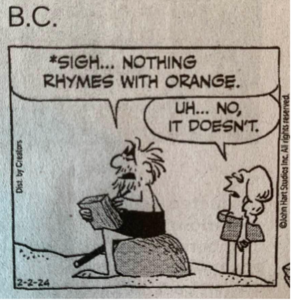
If you know someone who would benefit from our newsletter or tutoring at Book Bums, please share this email with them! Thank you.
Copyright © 2024 Book Bums, All rights reserved
Our mailing address is:
7967 Cincinnati-Dayton Road Suite L
West Chester, OH 45069

